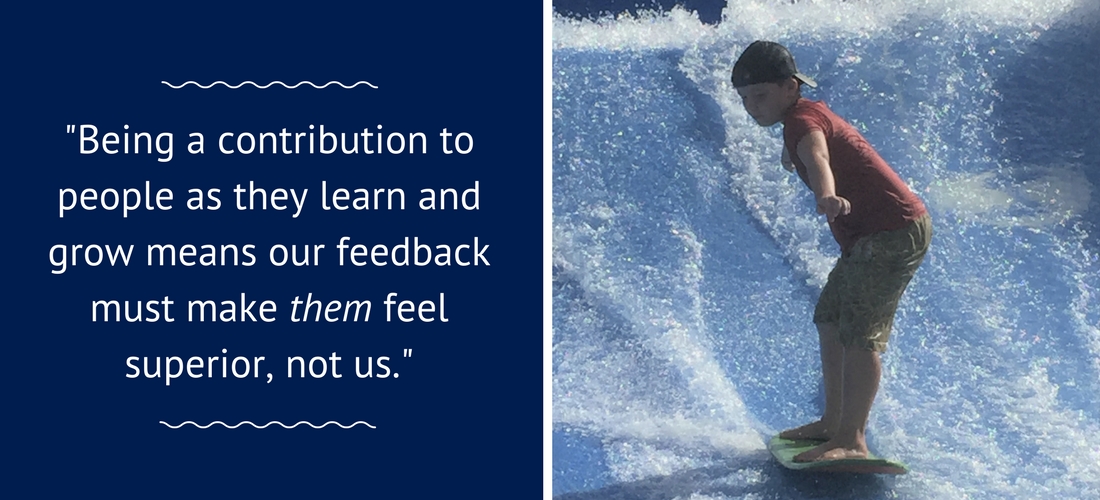
The Secret to JobLove? Be Remarkable (Just Ask Bill Gates)
When I set off on my first cross-country bike ride, I was on a mission to find people who love their job. Convinced they must be remarkable people, I wanted to track down these unicorns and interview them for a documentary I was producing.
But in my quest, I discovered that people aren’t remarkable because they love their job. They love their job because they are remarkable!
Being remarkable is the gateway – the secret – to love our work, whatever work we do.
So what does it mean to be remarkable?
- Showing up with a purpose (a battle cry!)
- Embracing the uncomfortable
- Contributing to the success of others
- Practicing resilience instead of resistance
- Being courageous
- Standing up when no one else does
- Clapping and cheering for ourselves and others
- Making a difference – in conversations, in moments, and with others
In a recent commencement speech, Bill Gates said, “Believing that the world’s serious problems can be solved is the core of my worldview. It sustains me in tough times and is the reason I love my work.”
When we are remarkable, the job is merely a conduit, allowing us to make a difference. Arguably, the job is not as important as who we are in that job.
When we focus on “is this the biggest difference I can make here?“ suddenly the onslaught of policies, procedures, protocols, and processes becomes irrelevant.
People aren’t remarkable because they love their job. They are remarkable because they are committed to making a difference with their work. And ultimately, that fuels their joblove.








